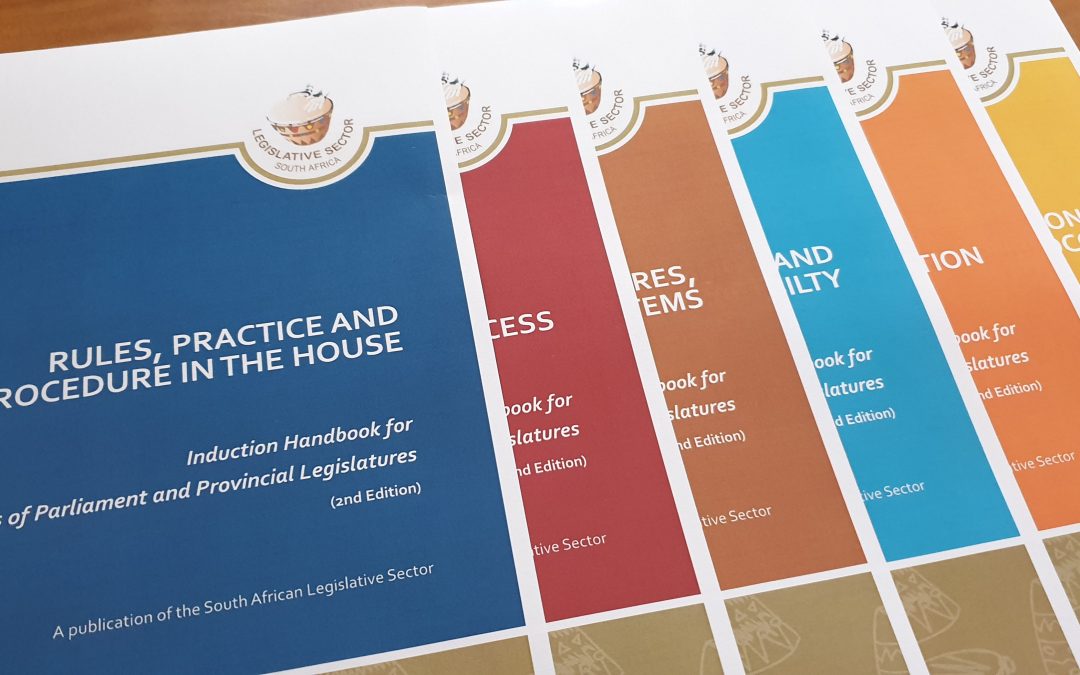The South African Legislative Sector (SALS) under the stewardship of the Speakers’ Forum of South Africa will on Thursday, 9 December launch the South African Parliamentary Institute (SAPI) which is intended to help enhance the functioning of Parliament and the nine provincial legislatures.
The role of the Institute will include the provision of capacity development programmes, production of quality research and knowledge management for the legislative sector as well as the establishment of an alumni association of former members and officials of the Legislative Sector.
The Institute will be governed by a board of 11 qualified members with expertise in parliamentary practice; public policy; teaching and learning; as well as finance and business matters. The board will be accountable to the Speakers’ Forum and will serve for a period of 5 years (parliamentary term).
The first task of the institute’s board in the new year will be to develop a strategy, with an operational plan focusing on capacity development, research and knowledge management, and to draw up an alumni database.
The Institute has been inspired by past Presiding Officers and members of the entire South African Legislative Sector. It will be underpinned and fuelled by research and knowledge sharing within the Sector, the country as well as Parliaments and Universities internationally. Its programmes are a culmination of capacity building programmes which are aimed at improving quality of governance and leadership.
So, why a dedicated institute?
Legislatures play a critical role in the cycle of democratic accountability, alongside the judiciary and the executive. The work of members of parliament and provincial legislatures, and the staff who support them, is complex.
Unlike the executive, which has institutions for capacitating staff, the legislative sector lacks a dedicated institute to identify needs, design and deliver programmes, conduct research, and provide access to relevant information.
- Members represent the people through deliberation and making laws, and exercise oversight through processes of approval and review. Elected members are assumed to have the skills needed but can be overwhelmed by the work
- The staff of legislatures who support members need strategic leadership, coordinating, supporting committee processes, legal procedures, and communication and document-management capacity
Many countries have introduced parliamentary institutes to support politicians and officials to fulfill their responsibilities by providing structured learning that changes practice and improves democratic processes. These include Kenya, Uganda and Canada.
The South African Parliamentary Institute will be a national entity of the South African Legislative Sector and will seek registration and accreditation as a service provider by the Quality Council for Trades and Occupations to develop and deliver accredited professional development programmes.

